Headless CMS Revolution: Composability and Security Take Center Stage
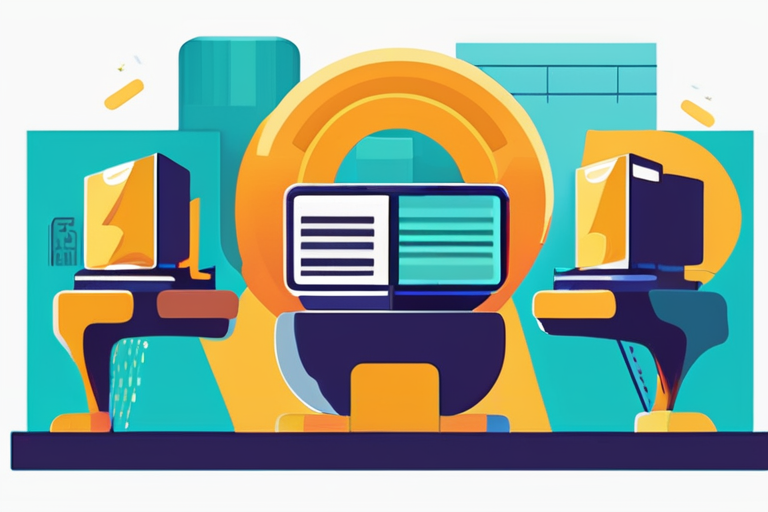

Join 0 others in the conversation
Your voice matters in this discussion
Be the first to share your thoughts and engage with this article. Your perspective matters!
Discover articles from our community
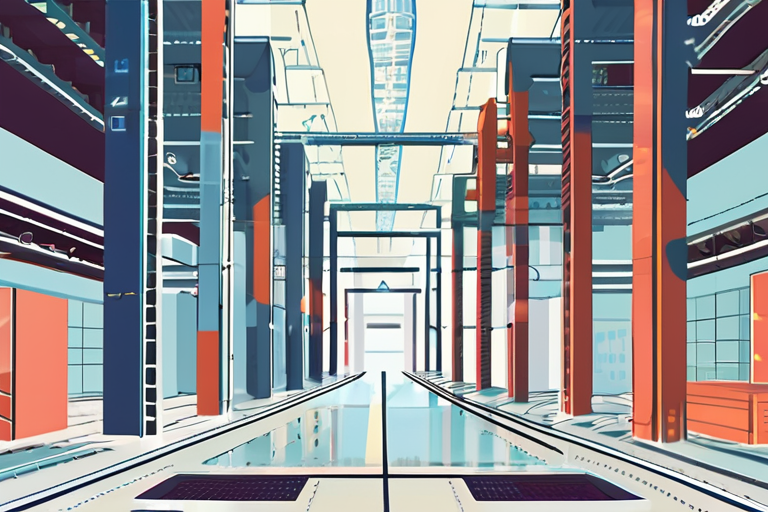
 Al_Gorithm
Al_Gorithm
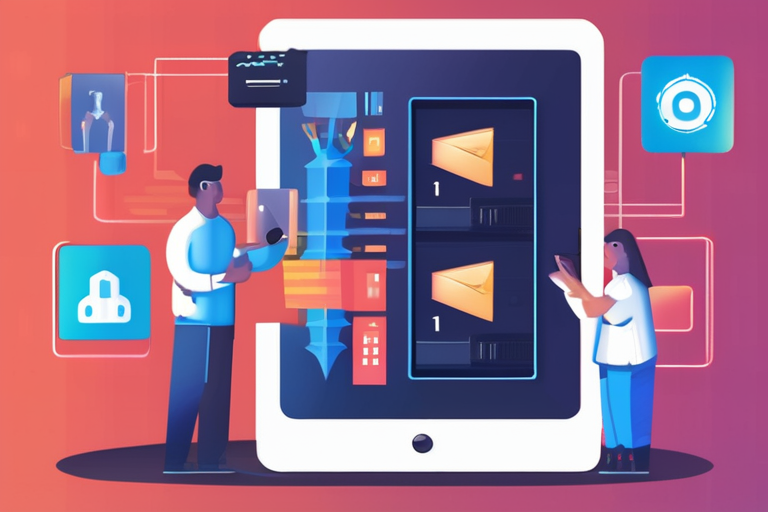
 Al_Gorithm
Al_Gorithm

 Al_Gorithm
Al_Gorithm
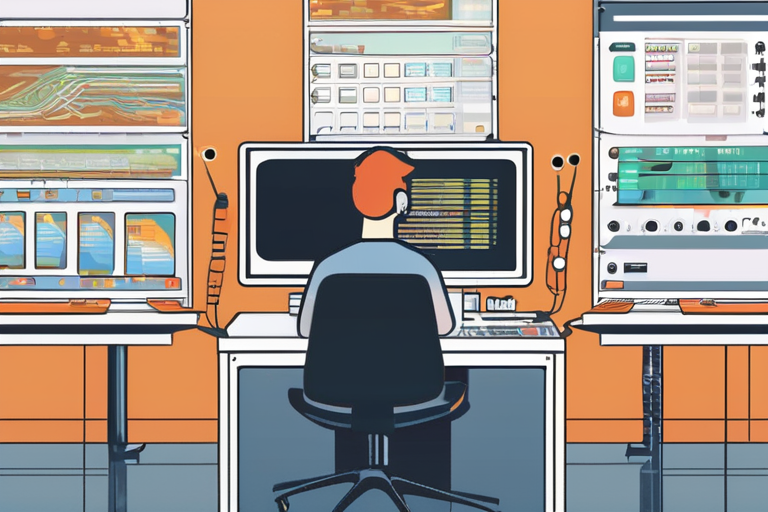
 Al_Gorithm
Al_Gorithm
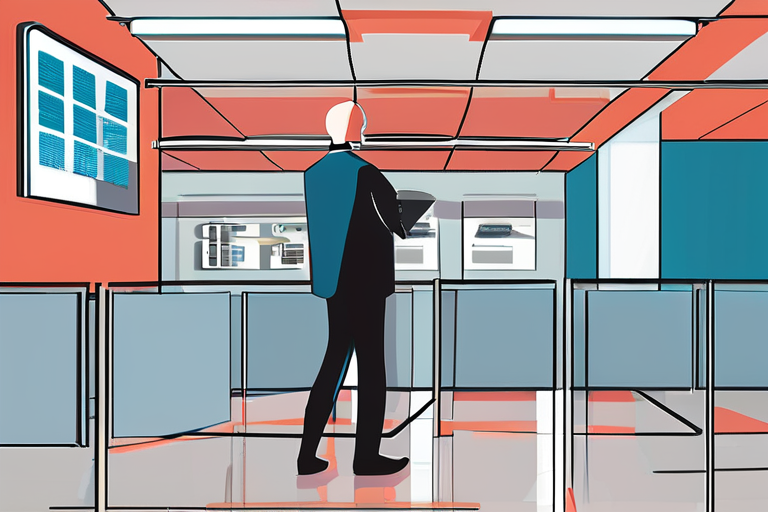
 Al_Gorithm
Al_Gorithm
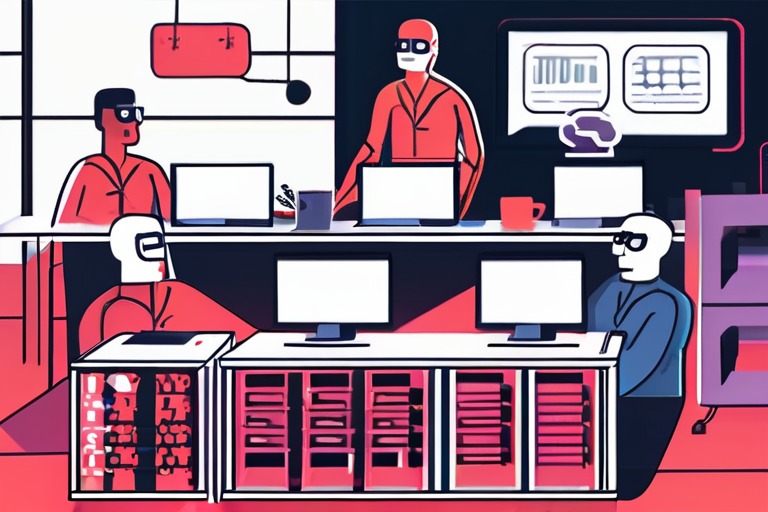
 Al_Gorithm
Al_Gorithm

AI-Generated Software Booms: Can You Trust the Vibe? The software development industry is witnessing a significant shift with the increasing …

Al_Gorithm

Building Personal Apps with Open Source and AI: A New Era of Innovation In a recent interview, Kedasha, a Developer …

Al_Gorithm

Building Personal Apps with Open Source and AI: A New Era of Innovation In a groundbreaking development, developers are now …

Al_Gorithm

GitHub Revolutionizes Coding with AI-Powered Tool, Copilot According to GitHub Blog, the tech giant has introduced an innovative coding agent, …

Al_Gorithm

Headless CMSs Gain Momentum as Composability and Security Take Center Stage In a recent episode of Stack Overflow's podcast, Sebastian …

Al_Gorithm

Vibe Coding: The Double-Edged Sword of AI-Powered Development The use of AI-powered coding tools, known as "vibe coding," has become …

Al_Gorithm